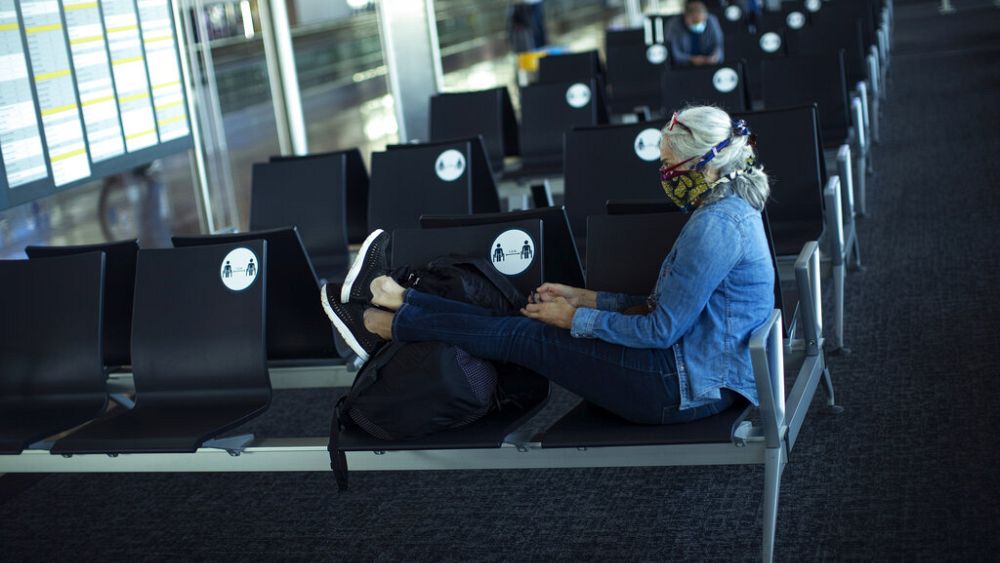Nearly 200 airports across Europe are at risk of insolvency due to the collapse in air travel, the European airports” trade body has warned.
A report by Airports Council International (ACI) Europe has estimated that 193 airports on the continent “face insolvency in the coming months if passenger traffic does not start to recover by the year-end”.
It says those affected are mostly regional airports that only operate domestic flights.
It’s estimated that these at-risk airports employ a combined 277,000 people and generate collective annual revenues of €12.4 billion.
But ACI Europe also says the larger European airports and hubs “are not immune from a major financial risk”.
“They have cut costs to the bone and are using the financial markets to consolidate their results and set up financial shields,” ACI Europe said.
The organisation has also called on governments to “step up to provide the required support” for 20 major European airports which have suffered a sudden increase in debt of €16 billion – nearly 60% of their turnover for a normal year.
“The figures published today paint a dramatically bleak picture,” said Olivier Jankovec, Director General of ACI Europe.
“Eight months into the crisis, all of Europe’s airports are burning through cash to remain open, with revenues far from covering the costs of operations, let alone capital costs.”
“Governments’ current imposition of quarantines rather than testing is bringing Europe’s airports closer to the brink with every day that passes.”
Passenger numbers at Europe’s airports in September fell by 75% compared with the same month in 2019, and ACI Europe says “lost passengers” since January is now 1.29 billion.
“In the midst of a second wave, ensuring safe air travel continues to be our primary concern,” said Olivier Jankovec.
“It’s crucial that we reduce the risks of importation and dissemination as much as possible”
ACI Europe has called for widespread COVID-19 testing to be introduced in airports to avoid quarantine measures and help to resume traffic.
“The fact that these airports had to make thousands of highly skilled workers redundant, clearly jeopardises their future”.









